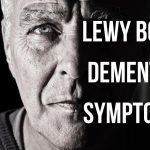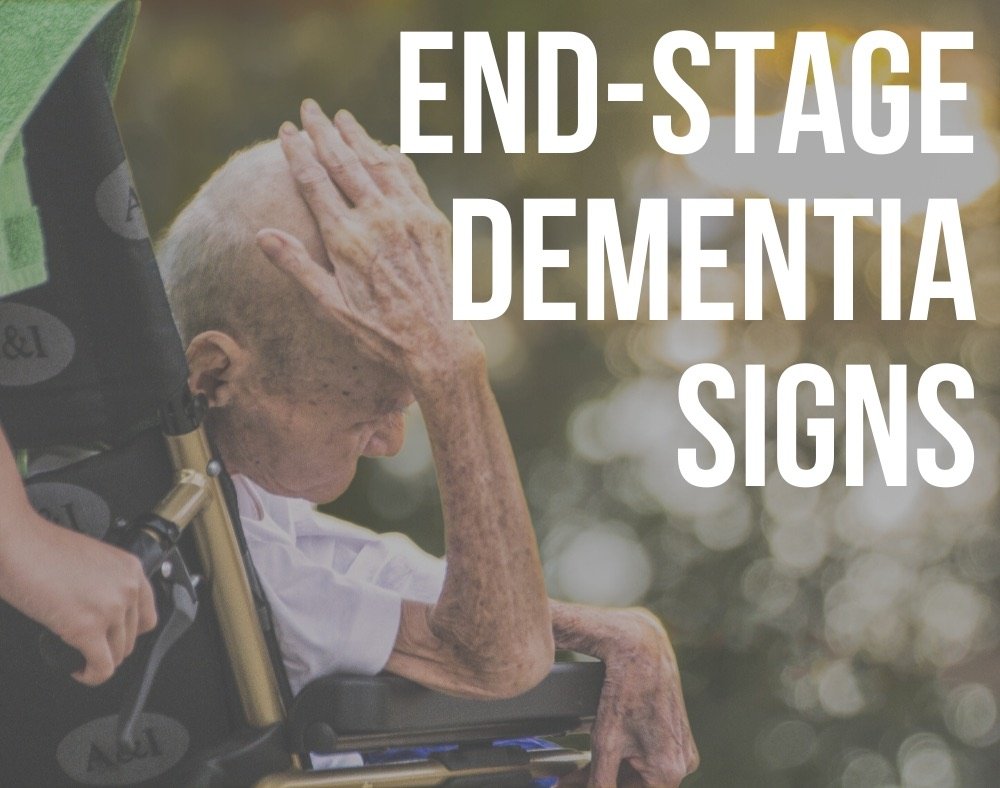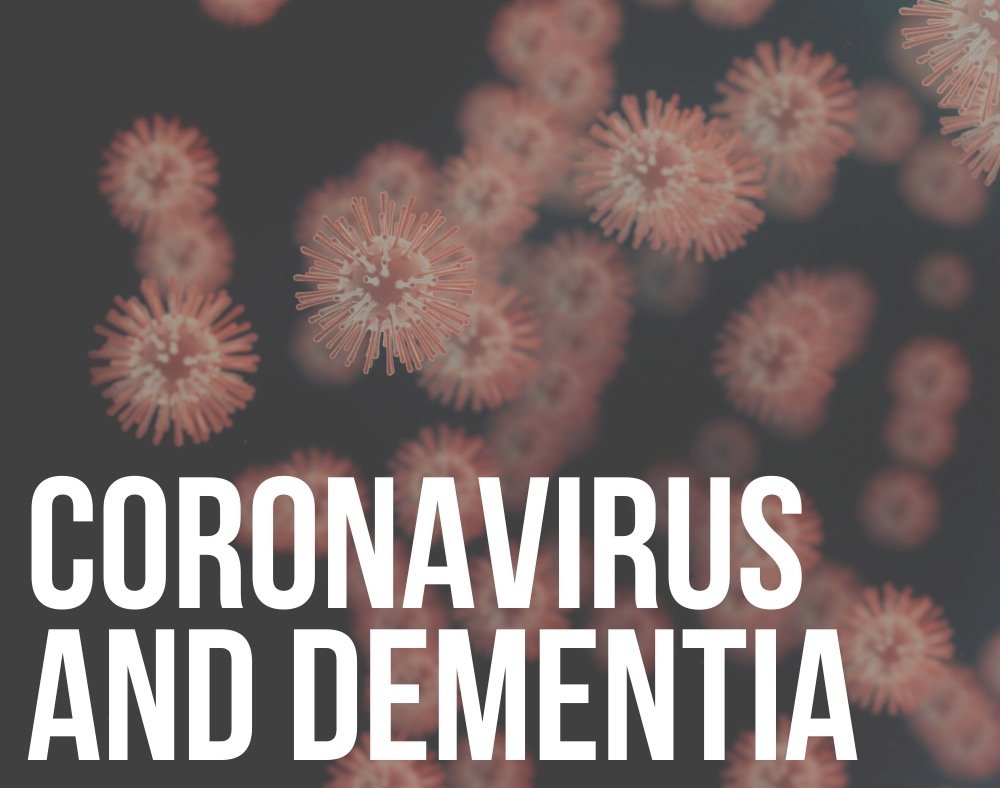We are observing the negative effects and health problems of alcohol daily, including alcohol dementia.
This is a health condition that leads to SEVERE cognitive issues as well as improper neurological functioning.
Contents
Alcohol-Related Dementia
It is one of the detrimental effects of alcohol on the human body that not many people are aware of.
The illness can affect any person at any age more so the ones who are into consuming LARGE quantities of alcohol over a short period.
It is unlike other dementia types that normally affect the elderly.
This kind of intoxication deprives the body of important nutrients causing brain damage as well as harmful effects to major organs in the body. Including pancreas, liver, kidneys, and many more.
Note that alcohol has a direct negative effect on brain cells.
This results in a lack of insight, poor judgment, and difficulties making proper decisions. To some extent, alcohol-induced dementia is similar to Alzheimer’s disease.
They both affect COGNITIVE and MEMORY abilities.
Symptoms of Alcohol Dementia

Alcohol-related dementia is influenced by two important factors:
Korsakoff syndrome
This is a condition that translates through frequent episodes of confusion, depression, memory issues, and inability to speak among others.
Dementia and alcohol are related in this case because excessive alcohol consumption prevents normal neurological functioning.
This leads to the development of dementia in people who abuse alcohol.
Wernicke’s encephalopathy
This occurs when an individual does not have a vitamin known as thiamine in their body.
Over-the-top drinking and vomiting normally cause this.
Drinking too much alcohol regularly results in thiamine deficiency.
Experts reckon that alcoholics typically develop Wernicke’s encephalopathy first, which then causes Korsakoff syndrome.
Ultimately, the SEVERE MEMORY ISSUES that are associated with Korsakoff syndrome will result in dementia that is caused by alcoholism.
Check out some of the most common symptoms that people who have dementia caused by alcoholism showcase.
Confusion

This is one of the most common symptoms of this kind of dementia. People with the illness appear not to be in a position to think clearly.
Many feel disoriented and have a tough time making decisions or focusing.
Confusion normally makes a person experience sudden emotional changes like being agitated out of the blues.
An individual may also have incoherent speech and lack awareness of time or location.
Repetition
A high percentage of individuals who have this illness will find themselves telling the same story over and over again without even realizing it.
In line with this, some will also ask the same question repeatedly because THEY HAVE NO recollection of the queries that have just been asked or answered.
When having a conversation with such individuals, do not be shocked if they keep repeating the same information over ten times.
Impulsivity problems
A person who has alcohol dementia may start to be reckless with their finances.
This is where an individual may get into a habit of making rash financial decisions purchasing items they do not need.
They may also become too generous with their money giving it out aimlessly.
Such people usually have a DIFFICULT time CONTROLLING EMOTIONS. One minute they may be the happiest beings on earth and the next they start crying.
Inability to perform motor tasks
You may notice that a person who has alcohol-related dementia has challenges performing both simple and complex motor tasks.
These can include walking, running, getting dressed, or getting up and down a flight of stairs.
Heavy alcohol abusers also experience damage to nerves in their legs and arms.
These people normally have issues with sensation, and they might also demonstrate unsteadiness on their feet.
An array of psychiatric problems

Dementia that relates to alcohol is also known to produce various psychiatric issues. These can include disconnect from reality (psychosis), anxiety, depression, and changes in personality.
Some may also develop apathy which can be MISTAKEN for depression.
Impaired ability to learn new things
It can become very difficult for a person who has this type of dementia to start learning new things. This is because damage to the brain affects its comprehending and processing ability.
Other symptoms may include but are not limited to frequent headaches, anger episodes, slurred speech, mood swings, decreased spontaneity and initiative, and memory gaps.
Oddly, persons who have alcohol-related dementia may seem to be in total control of their faculties drawing correct deductions, playing games that require mental skills like cards or chess, and making witty remarks, etc.
Before concluding that a person has alcohol-related dementia, you must seek the services of a professional or doctor.
Because of the symptoms that the illness has, it becomes difficult to tell right away that dementia has been caused by alcohol abuse.
Doctors, however, can conduct several proper tests to come up with the right diagnosis.
The professionals will also be in a position to advise on how to combat the illness in the right way, depending on the individual.
Treatment for Alcohol Dementia

It is advisable to start treating alcohol-related dementia as fast as possible.
If we detect this dementia early enough, it means that the damage to the nerves and brain will not be excessive.
While the treatment process can be quite stressful for candidates with alcohol-induced dementia, it is necessary, if a person wants to PREVENT further health problems or death.
Studies show that women have more success reversing the effects of alcohol-related dementia than men.
Both genders, nonetheless, require support from their friends and family while undergoing treatment.
There are several treatment options that a person who has this dementia type can explore such as:
Quitting Alcohol
To cure this type of dementia, a person simply needs to quit drinking alcohol. When a person stops taking alcohol, it prevents further damage to nerves and brain function.
People with the illness can also show improvement by improving diet and exercising.
Alcoholism Treatment

Quitting consumption of alcohol may not be the easiest thing to do. Doctors may put the person with dementia on alcoholism treatment when the situation is dire.
This typically consists of multiple IV infusions and therapies that attempt to replenish the vital nutrients the body has lost.
Most people will have to stay in a clinic or hospital for a certain period so that they can be monitored closely during the treatment.
Some who have the willing power may, however, go through alcoholism treatment successfully at home.
Others may even need a rehabilitation center to stay “clean.” This is because, during the treatment, a person MUST NOT touch even a single drop of alcohol.
It is usually a difficult moment because an alcoholic at this point has been used to the toxic substance to an extent that their bodies crave it and most feel like they cannot survive without a drink.
In such cases, alcoholism support groups can be helpful.
Thiamine Therapy
Thiamine therapy also helps with the treatment of dementia from the abuse of alcohol. This provides the body with the much-needed B1 or thiamine vitamin.
This vitamin is crucial in the body because it helps the brain cells convert sugar into energy.
When there is thiamine deficiency, it means that the brain cells will not have enough energy to function well.
The treatment comes highly recommended because it enhances the neurological functioning of people with alcohol-related dementia.
Additionally, it can also PREVENT this type of dementia FROM PROGRESSING to more dangerous stages.
Counseling

It is important to incorporate counseling as part of treating dementia caused by alcoholism. This is where the affected person gets a chance to talk to professional therapists.
It can help identify the root cause of the problem to eliminate it. After dealing with what causes a person to OVERINDULGE in alcohol, the chances of relapsing become slimmer.
Persons who have alcohol dementia may also benefit from services that memory clinics offer.
It is, therefore, wise to seek referrals from your doctor to point you in the direction of a good clinic.
You can also consider addiction programs that have been successful in helping people abstain from alcohol for the rest of their lives.
If the person who has dementia is living in a retirement community, remember to communicate this to the caregivers early enough. This is because not all communities may be aware of the health condition.
Some may not even have the proper resources to extend beneficial care.
If you find yourself in such a situation, continue searching until you can identify the community that will be the right fit.
Alcohol Dementia Final Remarks
To clarify things, alcohol dementia mostly affects people who drink EXCESSIVELY.
It is very rare for a person who gets tipsy once a week by having a few wine or beer glasses to develop the illness.
Individuals who are at risk are the ones who frequently intoxicate themselves with alcohol and suffer from hangover symptoms almost every day.
These are the people who are always feeling dizzy and vomit all the time.
Not treating the disease early enough can make it an incurable health condition.
Nonetheless, administering proper treatment on time gives alcoholics a chance to lead a happy, alcohol-free life.







